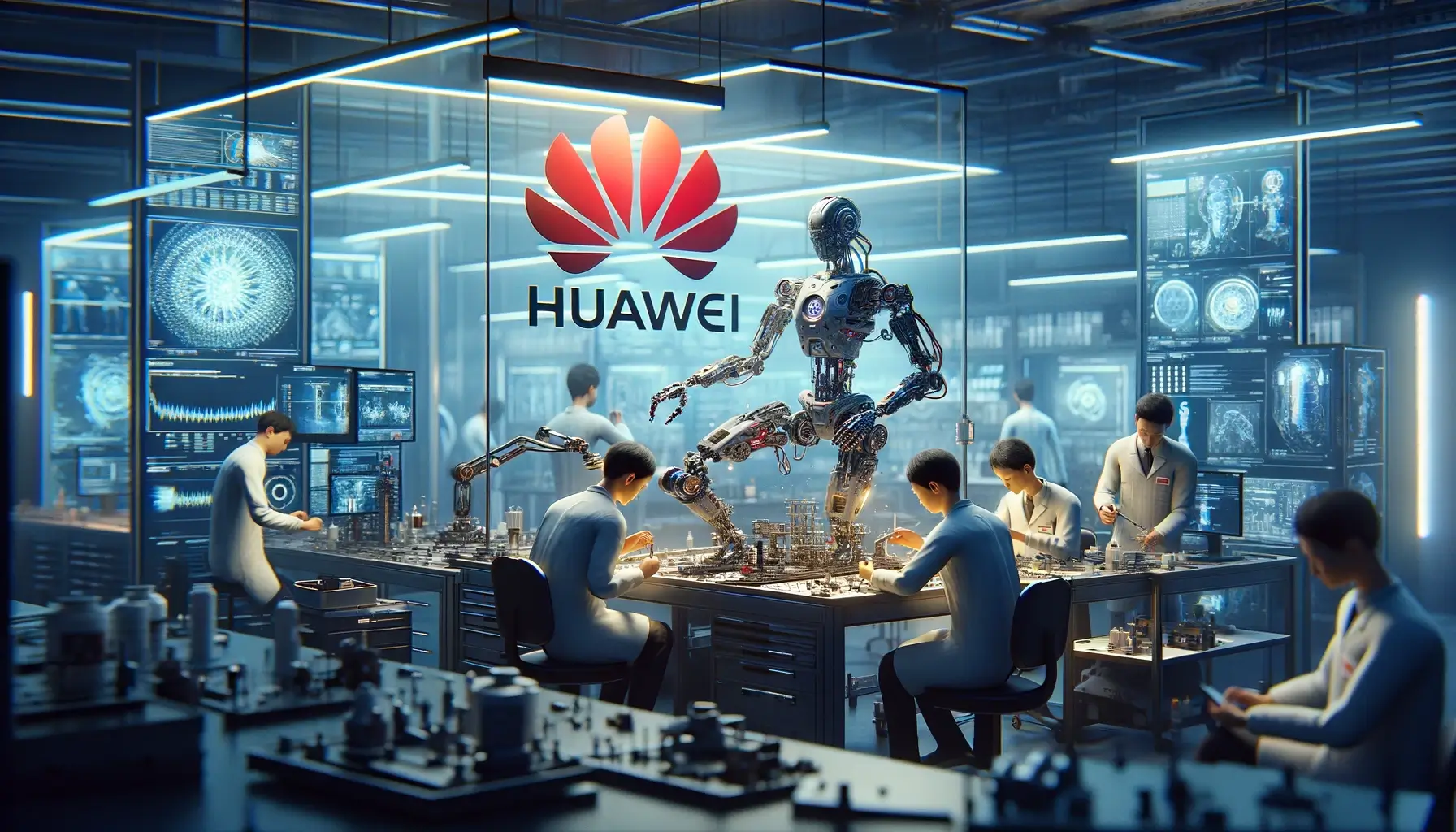Huawei researchers from Noah’s Ark Lab present a groundbreaking concept in artificial intelligence (AI) development: embodied artificial intelligence (E-AI).
This novel framework, outlined in recent pre-print research, represents a significant departure from traditional approaches to AI and heralds a new era in the quest for artificial general intelligence (AGI).
Understanding Embodied Artificial Intelligence: A Paradigm Shift
Embodied artificial intelligence (E-AI) proposes a radical departure from conventional AI models by advocating for the integration of physical bodies for AI agents.
This departure is based on the premise that true understanding of the world can only be achieved through direct interaction and immersion in the physical environment.
Unlike existing large language models (LLMs), which operate in virtual spaces, E-AI agents would possess the capacity for perception, action, memory, and learning akin to living organisms.
Challenges and Opportunities: Realizing E-AI
While the concept of embodied artificial intelligence holds immense promise, its realization presents formidable challenges.
Current AI infrastructure predominantly operates in cloud-based environments, posing logistical hurdles to embodying AI agents.
Moreover, the development of sensory capabilities and motor functions necessary for embodied AI presents technical complexities that require innovative solutions.
The Role of Perception and Action: Bridging the Gap
Perception and action form the cornerstone of embodied artificial intelligence, enabling AI agents to engage with the physical world.
By equipping AI systems with sensory organs and motor functions, researchers aim to facilitate real-time data acquisition and interaction, thereby fostering a deeper understanding of the environment.
This paradigm shift represents a fundamental departure from the passive observation characteristic of traditional AI models.
Learning Through Interaction: A New Approach
Central to the concept of embodied artificial intelligence is the notion of learning through interaction.
Unlike pre-trained AI models, which rely on static datasets for learning, embodied AI agents would actively engage with the environment, acquiring knowledge through direct experience.
This experiential learning process mirrors the cognitive development observed in living organisms, wherein trial-and-error plays a pivotal role in knowledge acquisition.
Toward a New Frontier: Theoretical Framework
The Huawei research team presents a theoretical framework for realizing embodied artificial intelligence, laying the groundwork for future advancements in AI development.
By integrating principles of perception, action, memory, and learning, this framework provides a roadmap for bridging the gap between virtual AI systems and the physical world.
As the field of artificial intelligence continues to evolve, the pursuit of embodied artificial intelligence emerges as a transformative paradigm shift.
By embracing the principles of embodiment, researchers aim to unlock new frontiers in AI development, paving the way for human-level intelligence and beyond.
While challenges abound, the promise of embodied AI heralds a future where machines truly understand and interact with the world in a manner reminiscent of living organisms.

